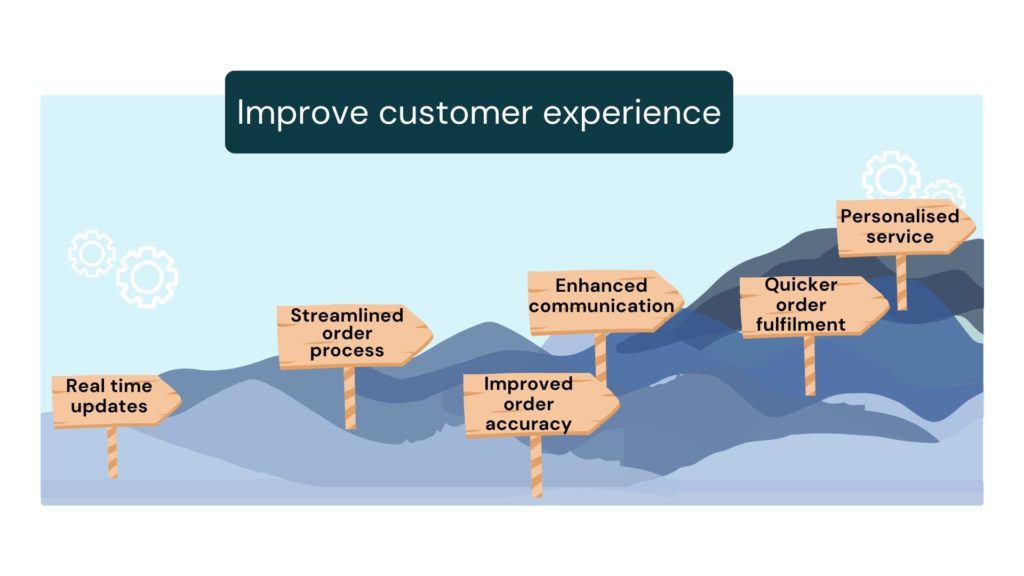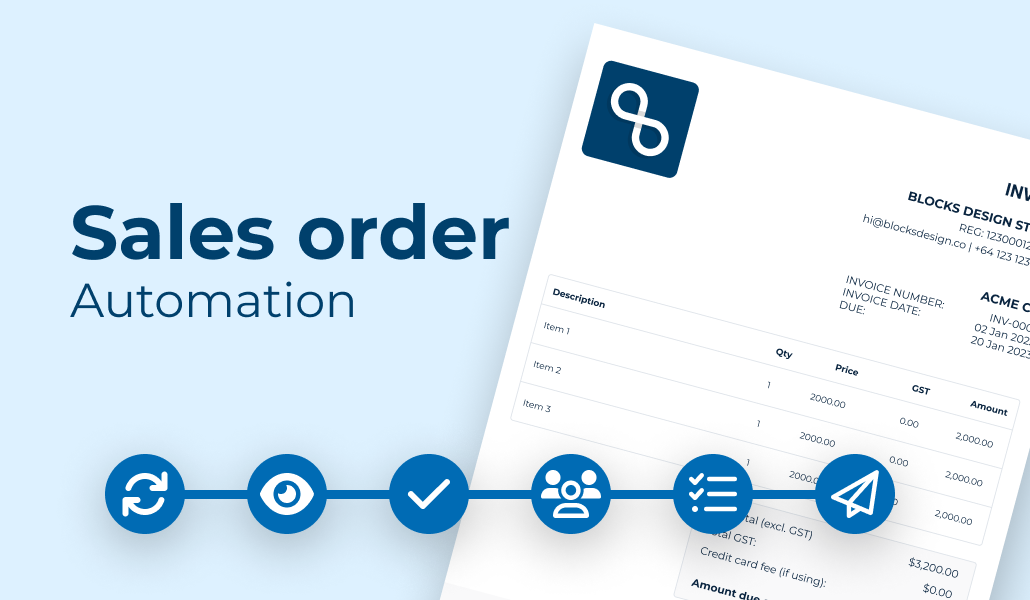In today’s fast-paced market, the importance of providing a positive customer experience cannot be overstated.
This includes the process of creating and fulfilling sales orders, which can have a significant impact on customer satisfaction and loyalty. According to a study conducted by Salesforce, 69% of sales team report spending too much time on administrative tasks, such as data entry and order processing. This suggests that many companies are still relying on manual processes for their sales order management, which can hinder the optimization of their business operations.
As businesses grow and receive more orders, manual sales order processing can become increasingly difficult to manage. Sales order automation can help businesses scale their order processing capabilities, without the need for additional staff or resources.
In this blog, we will explore the challenges of manual sales order processing and the importance of sales order automation in improving the customer experience.
Scenario of Sales Order Manual Process
Imagine a manufacturing company that receives a large volume of purchase orders from multiple customers, each containing a significant number of line items. To process these orders, the company relies on a manual process that involves data entry esp. manually mapping SKUs, verification with supporting documents like Quotes/Internal SKUs/ credit checks/ inventory checks, and communication with suppliers.
Order prioritization: With multiple customers and purchase orders, it can be challenging to prioritize which orders to fulfil first. This can result in order fulfilment delays, negatively affecting customer satisfaction and loyalty. Late or incorrect orders can lead to customer frustration and impact the manufacturing company’s reputation and revenue, potentially resulting in the loss of future business opportunities.
Detriments of Manual Sales Order Processing
There are significant disadvantages of manual sales order processing. In fact, studies have shown that manual order processing can cost businesses up to $20 per order in processing and administrative costs. Additionally, manual processes can lead to errors in order processing, with some estimates suggesting that up to 80% of all sales order errors are due to manual data entry mistakes. These errors can lead to delays in order processing, incorrect shipments, and customer dissatisfaction.
Importance of Sales Order Automation
To address these challenges, companies should consider implementing sales order automation. Sales order automation can streamline the order processing , improving accuracy and eliminating the risk of errors. Discover more on how automation of purchase order to sales order can benefit your business.
Automation can also help to speed up order processing, which can lead to faster delivery times and improved customer satisfaction. As a matter of fact, studies have shown that companies that automate their order processing can see a 10% to 15% improvement in order processing times.
A large chemical company in India was manually entering data from purchase order (PO) in PDF format into SAP to generate corresponding sales orders (SOs), which was time-consuming and error prone. They needed an automated solution, and Symtrax provided Compleo Hybrid, which mapped customer and material codes from POs (Purchase Order) and created SOs in SAP in real-time, while simultaneously cross-checking for duplicate orders and verifying list prices on each item. In addition, the software was customized to comply with the company’s specific business rules, including handling conversions such as SKU to match their internal nomenclature.
Compleo Hybrid eliminates laborious manual procedures, resulting in greater efficiency, eased backend business processes, and helping the company become a digital first organization.
Automation of sales order processing resulted in:
- 90% reduction in order processing times.
- As a result, the overall Turnaround Time (TAT) was also decreased.
- Shipments were able to be sent out up to 1 week earlier than before due to the faster processing times.
Why should you focus on customer experience?
Customer satisfaction drives repeat business and improves customer retention, leading to higher lifetime value.
Positive customer experiences result in word-of-mouth referrals and enhance customer perception of the brand. A study by Nielsen found that 92% of consumers trust recommendations from their close knit over all other forms of advertising.

Customer satisfaction helps differentiate us from competitors, increasing customer engagement and interaction. It leads to higher chances of upselling and cross-selling opportunities while reducing customer churn rate.
Conclusion
In today’s market, customer experience plays a crucial role in determining the success of a business, and automating sales order processes can significantly improve customer satisfaction. With the increase in demand for faster and more efficient operations, manufacturing companies cannot afford to rely on manual processes for generating sales orders. We have already discussed numerous benefits of sales order automation. The statistics speak for themselves – automated systems can reduce order processing time by up to 90%, resulting in improved business efficiency and customer satisfaction. It’s time for manufacturing companies to embrace sales order automation and prioritize customer experience in order to succeed in today’s competitive market.
However, it is important to note that other processes in the supply chain can also benefit from automation such as Goods receipt notes (GRN), Accounts Payable and Account Receivable processes.


